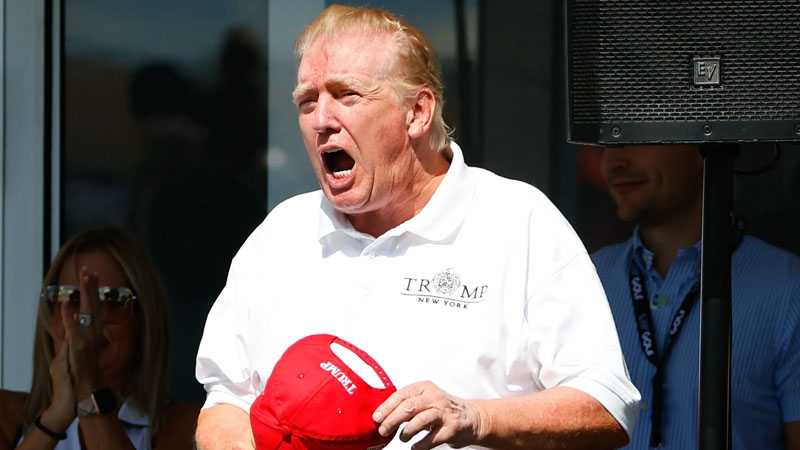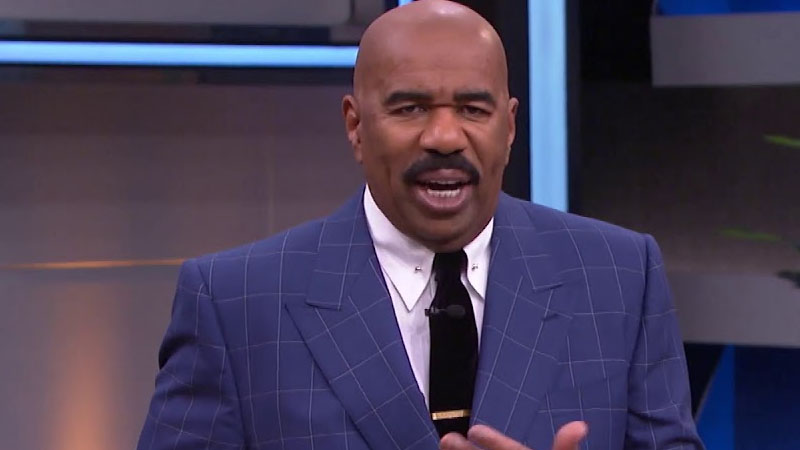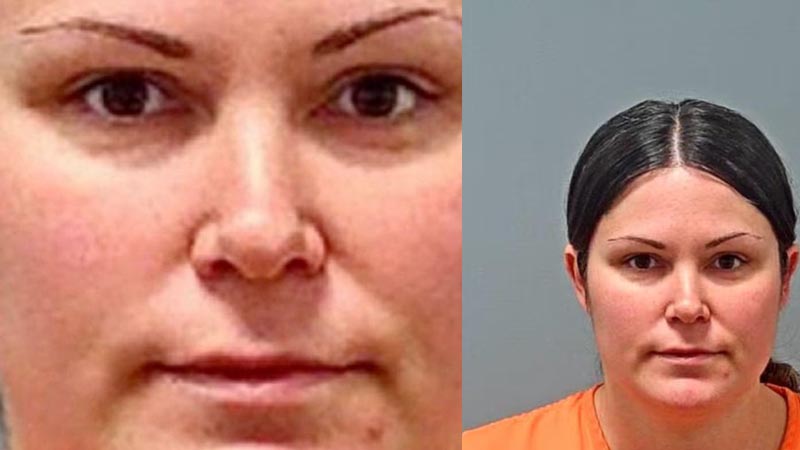Former Military Officials Warn of Legal Dilemma for Troops if Trump’s Presidential Immunity Plea is Upheld

(Getty)
A group of 19 esteemed former senior military officials has raised a significant concern in an amicus brief filed on Monday, April 8, regarding the potential ramifications of the Supreme Court upholding former President Donald Trump’s plea for dismissal of his Washington D.C. case on grounds of presidential immunity.
As reported by the New York Post, these high-ranking officials, including former service branch secretaries and retired four-star officers, argue that affirming Trump’s motion could place U.S. troops in a precarious moral and legal dilemma.
The crux of the issue, as outlined by these veterans, lies in the conflict between adhering to orders from the commander-in-chief and upholding the laws established by Congress. The contention arises from Trump’s legal team’s assertion that presidential immunity provides a blanket shield against criminal prosecution for actions undertaken during one’s presidency.
The military leaders, whose collective experience spans from the tenure of John F. Kennedy to Donald J. Trump, emphasize that while the president might be insulated from legal repercussions, the burden of liability would shift to the troops executing potentially unlawful directives.
This scenario, as depicted in the court documents, would not only place military personnel in a legally untenable position but also erode the foundational trust essential for civil-military relations. The officials pointed out the inherent contradiction in a system that might allow a president to issue illegal orders without consequence, thereby undermining the rule of law that soldiers are sworn to uphold.
The Military Code of Justice mandates that soldiers must refuse to carry out illegal orders. However, the amicus brief highlights the unjust predicament troops might face: the choice between defying the head of state or facing criminal charges. Such a situation could, as the former officials argue, inflict irreversible damage on the integrity and trust that underpin civil-military relations.
Moreover, the group expressed concerns that the notion of absolute presidential immunity could significantly weaken the commander-in-chief’s legal and moral standing to lead the armed forces. This erosion of authority, they argue, is antithetical to the principles of American democracy and the rule of law, which demand accountability at all levels of governance.
In contrast, Trump has defended the necessity of presidential immunity, arguing on social media platforms like Truth Social that the absence of such protections could hinder a president’s ability to govern effectively. He posits that the threat of post-tenure prosecution could unduly influence presidential decision-making, potentially paralyzing leadership and undermining the national interest.
This clash of perspectives underscores a broader debate about the balance between presidential authority and accountability, especially in matters of national security and military conduct. As the Supreme Court considers Trump’s plea, the implications of its decision will resonate far beyond the legal realm, touching upon the core principles of military obedience, executive power, and the rule of law.


